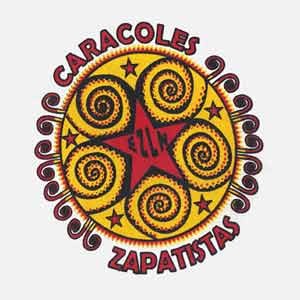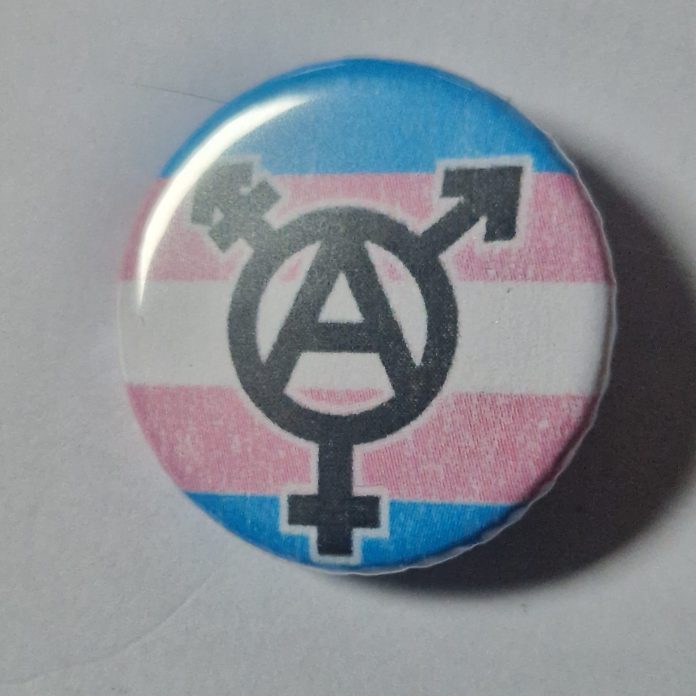429, Zapatista Snails Badge
£0.45
Zapatista Snails Badge, an image from a Zapatista t-shirt brought back fro m Mexico.
Description
In an ethnographic interview conducted in June 2007, leaders of the autonomous community of Oventic in highland Chiapas, Mexico discussed with me and a colleague the meaning of the caracol (snail) as a Zapatista symbol. They explained that the ancient Maya ancestors used a conch shell as a horn to summon people to gather in one place as a community. Their ancestors lived during less technologically advanced times, they noted, when the world moved at a much slower pace than today, much like the slow-moving caracol. Today the symbol of the caracol expresses the ideals of small community government in the face of globalization. The caracol represents the ideals of an autonomous Zapatista government with direct reference to a distant Maya past on two levels, and connects the Zapatista present with a conception of the Maya past as a direct and logical historical trajectory. Other icons frequently employed by the Zapatistas, such as pyramids and glyphs, reference more blatantly the ancient Maya past. The symbolism of the caracol is more subtle, yet more powerful in the meaning it relays.
Mayan Identity and the Zapatista Movement
The Zapatista movement began officially in eastern Chiapas, Mexico in 1983. The movement derived its name from Emiliano Zapata, a hero of the Mexican Revolution. The Zapatistas are often characterized as the first post-modern revolution, perhaps unjustifiably so, and have abstained from violence since a cease fire was brokered in 1994 (Johnston 2000). The movement is most often associated with anti-globalization, anti-neo liberalism, and indigenous rights. Zapatistas gained much attention by vociferously opposing the NAFTA free trade agreement in the early 1994 (Rich 1997). The outside world recognizes Zaptista rebels by their black ski masks (pasamontanas) and red bandanas (pallacates).
Additional information
| Weight | 0.009000 kg |
|---|





